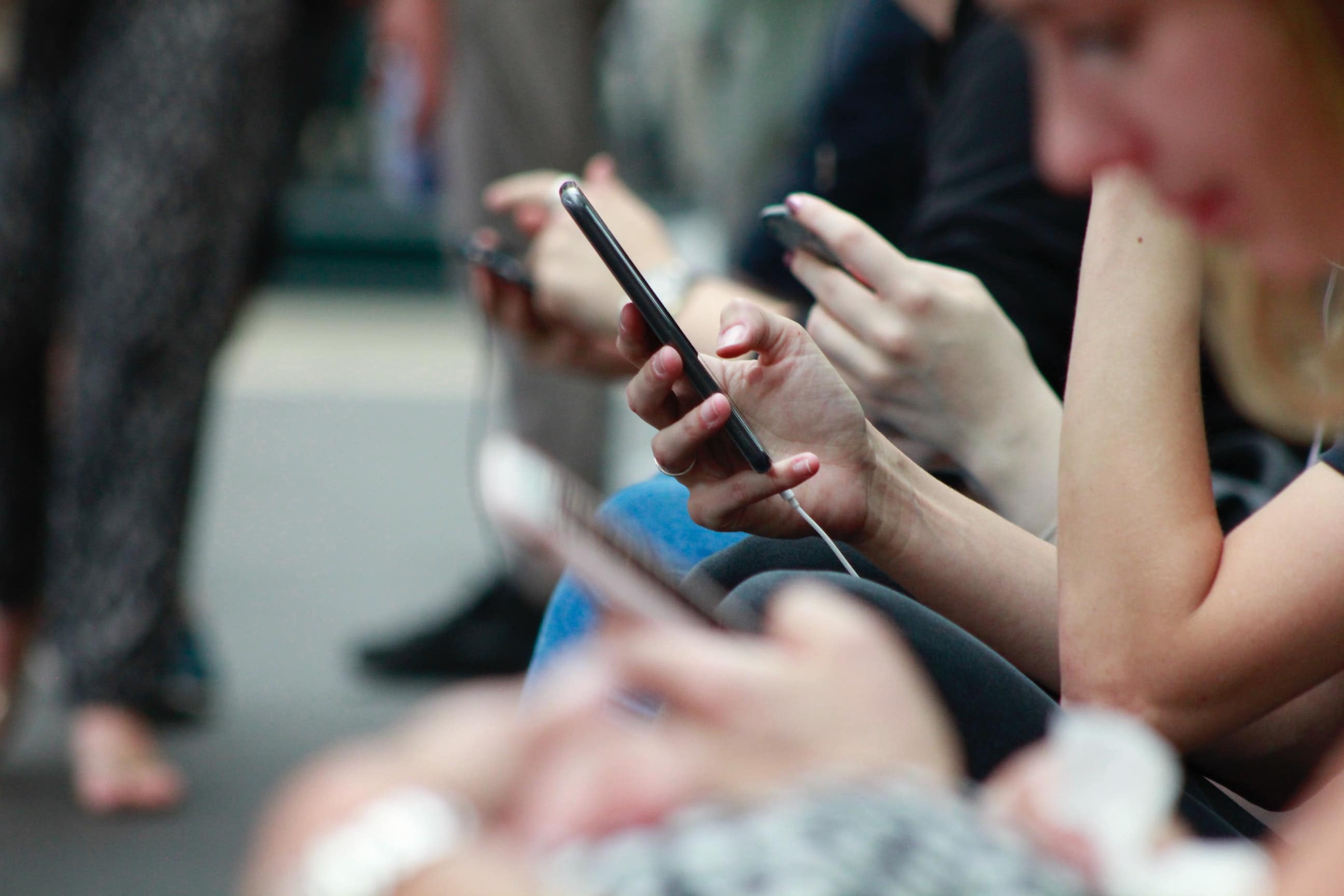Social Media Anxiety: How to Understand and Deal With Social Media Anxiety
Over the last decade, the rise of social media platforms has dramatically changed the way we interact with one another. In 2005, five percent of adults in the U.S. used one social media platform. Today, around seven in 10 Americans use social media. More people are connecting across social media than ever. Not only has social media changed our relationships and connectedness, but it can also impact our mental health, according to a systematic review.
Unfortunately, social media is home to constant images and updates from others that often lead to social comparison, feelings of inadequacy, FOMO, and low self-esteem. Individuals navigating their mental wellbeing, prone to social anxiety, or trying to understand their identity may be more affected by the impact of social media. Research shows that adolescents and young people who spend more than two hours a day on social networking sites are more likely to experience psychological distress.
If your social media use impacts your daily life or is causing you emotional distress, it’s essential to prioritize your mental health. Here’s how to understand your social media anxiety and put your mental wellbeing first.
Use social media more mindfully.
We all know that social media can be distracting. You might pick up your smartphone to check the weather or send a text, only to find yourself scrolling through Instagram or Twitter an hour later. Instead of mindlessly scrolling, try breaking out of the habit of checking your newsfeed when you’re bored by using social media more mindfully. To combat high levels of anxiety, try deleting apps from your phone, turning off notifications, logging out of your social media accounts, or setting time limits on your social media use.
Remember that social media sites have their value, and you don’t need to cut them out completely. However, even news apps and social networking sites like LinkedIn can become addictive. Consider giving yourself an hour each day to catch up on Instagram or Facebook. Then, close the app and avoid scrolling for the rest of the day.
Remind yourself that likes do not equal validation.
It’s essential to keep in mind that the level of response on social media isn’t any indication of your self-worth. It’s not worth staking how you feel about yourself based on how many people like your Instagram posts or watch your Snapchat stories. As long as you’re content with yourself, it doesn’t matter how the rest of the world feels.
If you’re constantly picking up your smartphone or refreshing social media apps to check your likes, take a moment to assess how your use of social media is influencing your mood. If it’s making you feel anxious, try spending less time on social media or going on a social media detox. Spending some time away from social media—whether it’s a day or a week—can help you find more meaningful connections in your face-to-face interactions, reduce your anxiety symptoms, and spend more time doing things that make you feel good.
Put your mental health first.
Social media has its benefit,s but it can become addictive. Spending too much time on social media can negatively effect mental health, especially if you’re feeling particularly low or you’ve been diagnosed with a mental health condition. Social media use can exacerbate self-esteem issues, feelings of loneliness, symptoms of depression, and other mental health issues.
If you’re having trouble cutting back on social media or experiencing psychological distress, reach out for professional help. Social media fatigue is real, and when left unchecked, problematic social media habits can interfere with all aspects of your life, leaving you stressed and draining your energy. Working with a psychologist can help you can restrict your social media use so you can spend more time on positive activities that nourish and nurture you.
To find a mental health professional, reach out to a therapist through the Therapy Group of NYC. We know that starting therapy can feel intimidating, and we’re here to help you every step of the way. One of our compassionate, experienced mental health professionals will help you manage your level of anxiety, reduce the amount of time you spend on social media, and start living a more productive, fulfilling life.

